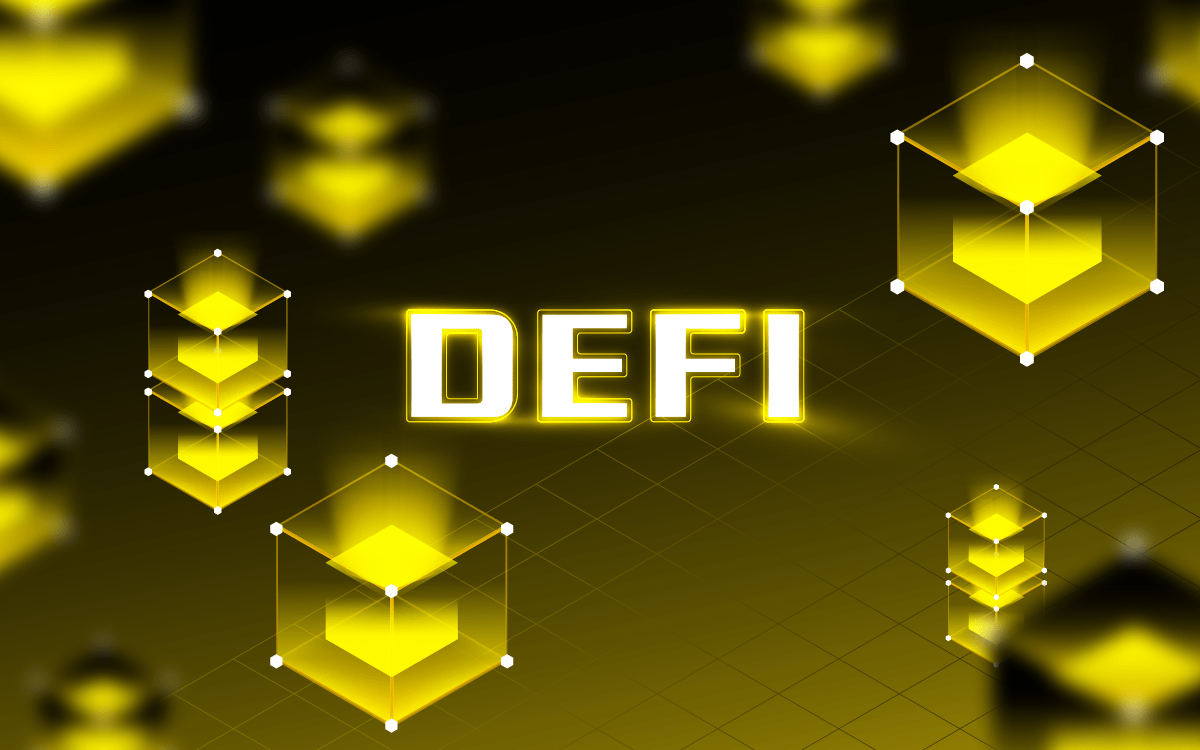DeFi, or decentralized finance, is a system that facilitates financial products to become available on a public decentralized blockchain network. In Particular, DeFi makes it possible for buyers, sellers, lenders, and borrowers to interact peer to peer or with a strictly software-based middleman instead of a company or institution allowing a transaction. The DeFi industry now attracts great attention due to its potential for profit. At the same time, questions about DeFi regulations abound. In a recent article on the U.S. Securities and Exchange Commission (SEC) website, Commissioner Caroline A. Crenshaw expressed her good faith consideration and provided a short background on the current regulatory landscape for DeFi, and especially the role of the SEC regarding this industry.
Decentralized applications, or DApps, running on blockchains, allow users to obtain an asset or loan upon collateral, like traditional collateralized loans. Others enable the ability to deposit a digital asset and earn profits. Besides, several web-based tools assist users in identifying and investing in the highest-yielding DeFi instruments and venues. Other applications allow users to earn fees in exchange for liquidity providing or market-making. Many tokens are coded to track the prices of securities trading on registered U.S. national securities exchanges and then can be traded and used in various DeFi applications. In spite of unfamiliar fundamental technology, these digital products and activities are determined to have close analogs within the SEC’s jurisdiction.
Commissioner Crenshaw encourages DeFi developers to reach out to the Strategic Hub for Innovation and Financial Technology (FinHub), or other SEC’s Offices and Divisions in case they are not sure whether their projects are within the SEC’s jurisdiction. If a project does not fit neatly within the SEC existing framework, before proceeding to market, that project team should contact this agency. The SEC representative stated that they could not offer legal advice but they stand ready to listen to ideas and provide feedback. In case the project is seemingly constrained by the SEC rules, it is critical for the agency to get specific ideas about how these new technologies can be integrated into their regulatory regime to ensure the market and investor protections afforded by the federal securities laws while allowing innovations to flourish.
In addition, the Commissioner suggested that DeFi’s problems should be solved by finding compliant solutions, which are best carried out together. In building a new financial system, developers should focus on appropriate investor protections and mechanisms rather than profitability only. Such a system may lead capital to flow to the most promising projects, rather than being diverted by false claims. With diffuse control and disparate interests of decentralized networks, regulations serve to create shared incentives for benefiting the entire system and ensure fair opportunities for all participants. Through the article, the Commissioner also revealed her desire to help promote responsible innovation in this field. The SEC’s positive view on DeFi is delightful news for those who wish to join this sector and DeFi participants, including LiveTrade as we have been aiming to comply with SEC’s regulations since establishment.




